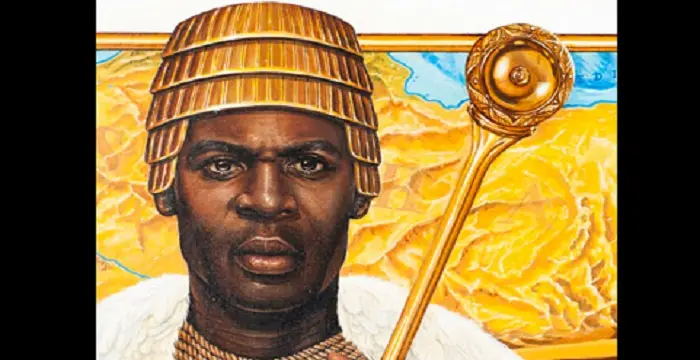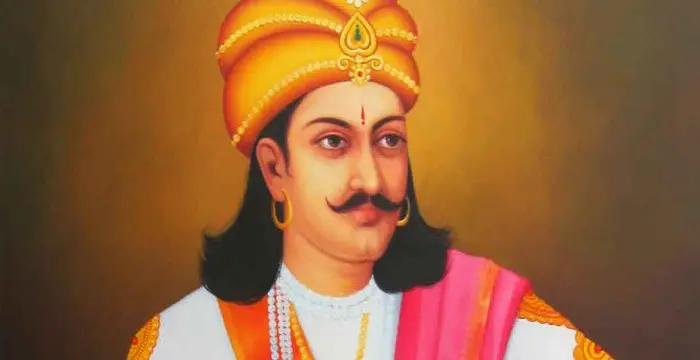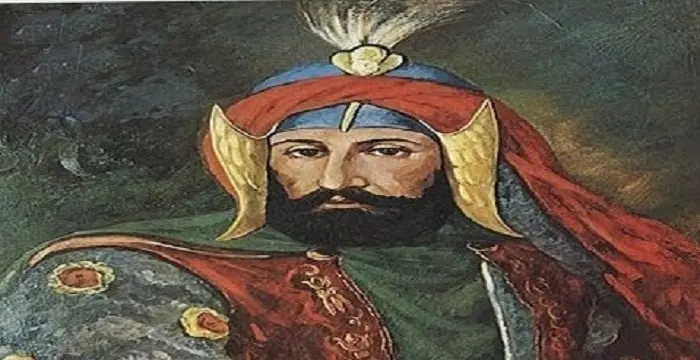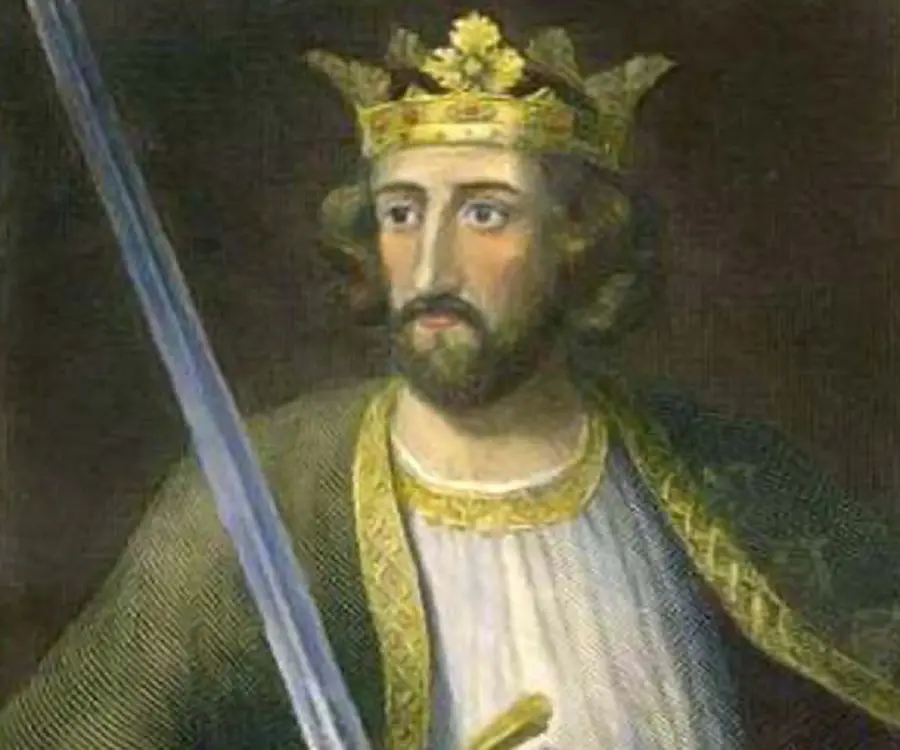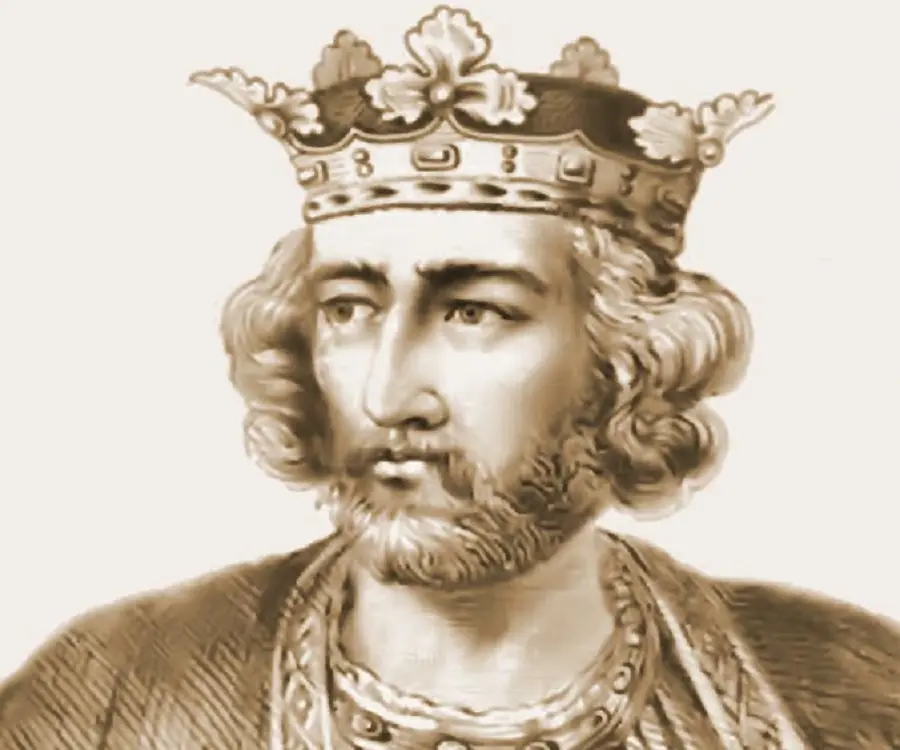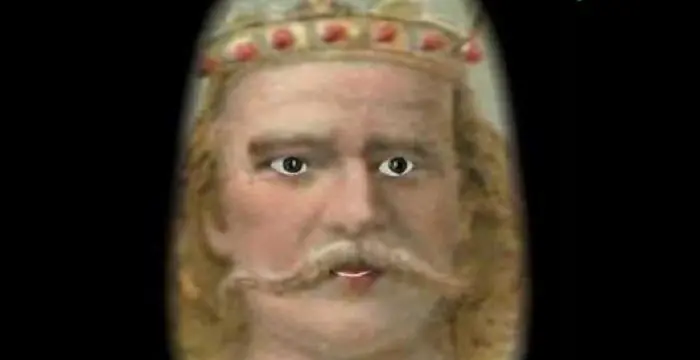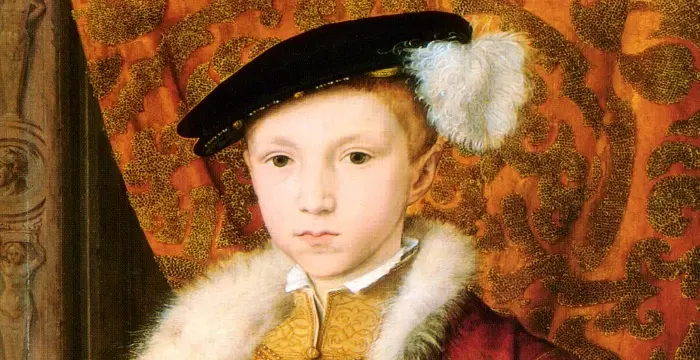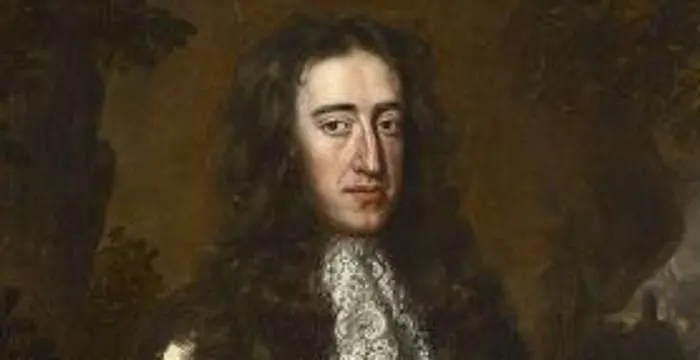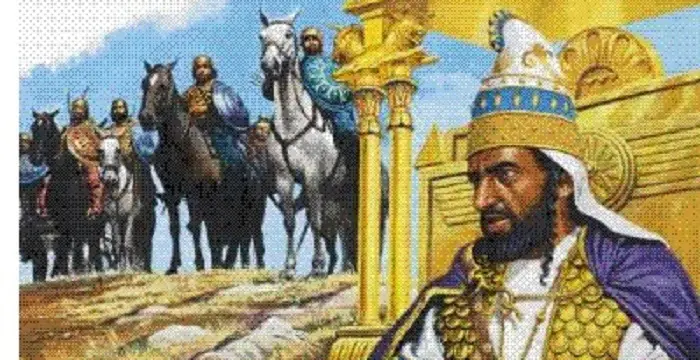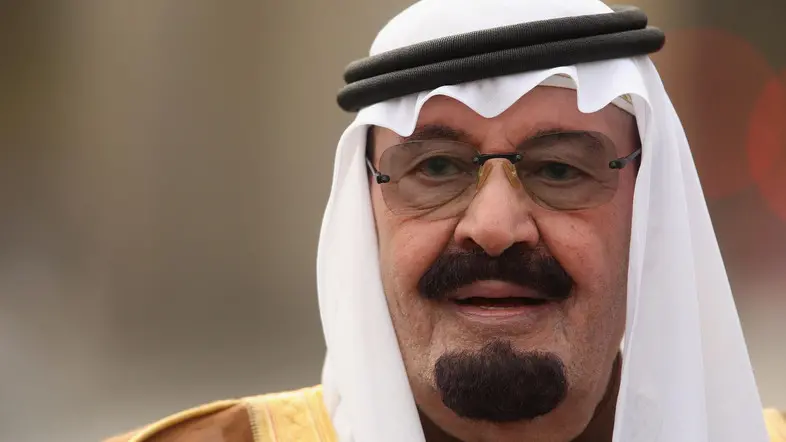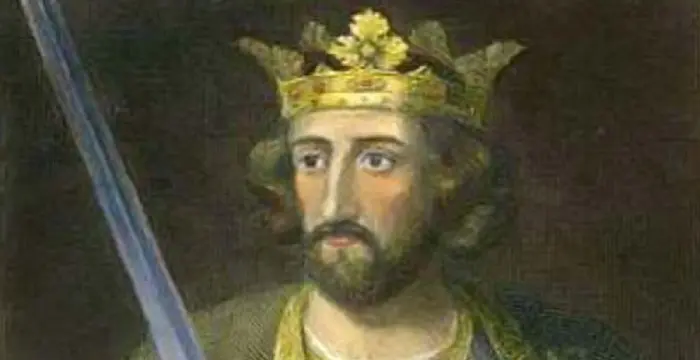
Edward I of England - King of England, Career and Childhood
Edward I of England's Personal Details
Edward I was the King of England from 1272 to 1307, also known as ‘Edward Longshanks’ and the ‘Hammer of the Scots’
| Information | Detail |
|---|---|
| Birthday | June 17, 1239 |
| Died on | July 7, 1307 |
| Nationality | British |
| Famous | Historical Personalities, Emperors & Kings, Emperors, King of England, Kings |
| Spouses | Eleanor of Castile, Margaret of France, Queen of England |
| Siblings | Beatrice of England, Edmund Crouchback |
| Known as | the Hammer of the Scots, Edward Longshanks |
| Childrens | Edward II of England |
| Founder / Co-Founder |
|
| Birth Place | Westminster |
| Religion | Catholicism |
| Gender | Male |
| Father | Henry III of England |
| Mother | Eleanor of Provence |
| Sun Sign | Gemini |
| Born in | Westminster |
| Famous as | King of England |
| Died at Age | 68 |
// Famous Emperors
Sundiata Keita
Sundiata Keita was the founder of the Mali Empire in West Africa. This biography profiles his childhood, early life, struggles, founding of empire, rule, administration, achievements and also gives some fun facts.
Ashoka
Ashoka was the third emperor of the Mauryan Dynasty and ruled almost the entire Indian subcontinent. This biography profiles his childhood, life, reign, achievements and timeline
Murad IV
Murad IV was one of the mighty Sultans in the history of the Ottoman Empire. This biography profiles his childhood, family, accession, rule, administration and timeline.
Edward I of England's photo
Who is Edward I of England?
Edward I was the King of England from 1272 to 1307, and was also known as ‘Edward Longshanks’ and the ‘Hammer of the Scots’. He was a successful king, a skilled military leader and fearsome warrior, who emerged as one of the greatest Plantagenet kings.Edward I was the eldest son of King Henry III; he inherited the fiery temper of his father. After getting married as a teenager to Eleanor of Castile as part of a political alliance, he acquired the lands of Gascony and spent a year there, studying its administration. Even though, Edward initially sided with the rebels, soon he returned to his father, took charge of the kingdom in his own hands and became Simon de Montfort's greatest enemy. After defeating Simon, he relentlessly pursued the surviving members of the de Montfort family, who were his cousins. Later, upon ascending the throne after his father’s death, he fought Llywelyn ap Gruffyd and his brother, quickly defeating them. He strengthened the crown and Parliament against the old feudal nobility. He subdued Wales, destroyed its autonomy and also made an unsuccessful attempt to conquer Scotland. His reign is particularly remembered for administrative efficiency and legal reform. He was an intimidating man who often instilled fear in his contemporaries and even though he earned the respect as a soldier and an administrator, many historians criticize him for his uncompromising attitude towards his nobility
// Famous Kings
Sundiata Keita
Sundiata Keita was the founder of the Mali Empire in West Africa. This biography profiles his childhood, early life, struggles, founding of empire, rule, administration, achievements and also gives some fun facts.
Ashoka
Ashoka was the third emperor of the Mauryan Dynasty and ruled almost the entire Indian subcontinent. This biography profiles his childhood, life, reign, achievements and timeline
Murad IV
Murad IV was one of the mighty Sultans in the history of the Ottoman Empire. This biography profiles his childhood, family, accession, rule, administration and timeline.
Childhood & Early Life
Edward I was born on June 17, 1239, at the Palace of Westminster, London, England, to King Henry III and his wife, Eleanor of Provence.
Edward I was raised under the care of Hugh Giffard until Bartholomew Pecche took over after Giffard's death in 1246.
He received a disciplined education with reading and writing in Latin as well as French. He also obtained training in the arts, sciences and music.
In 1254, after getting married at the age of 13, he was awarded lands in Wales, Ireland and the Channel Islands by his father as King Henry III wanted Edward to experience power.
In 1258, when a group of barons called for the restructuring of the King’s government, Edward supported his political allies and later announced his support for the barons' goals, and their leader, Simon de Montfort.
Subsequently, Edward's behavior turned into pure rebelliousness and several of his actions to advance the cause of the reformers led King Henry III to believe that his son was considering a coup d'état.
But the father-son duo eventually reconciled irrespective of their differences and Edward was sent abroad. In November 1260, he once again united with the Lusignans, who had been exiled to France.
Accession & Reign
In 1262, upon returning to England, Edward had some differences with his former Lusignan allies over financial matters. The following year, when Simon de Montfort reignited the baronial reform movement and the King seemed ready to resign to the demands of the barons, Edward took control of the situation.
Subsequently, he reunited with some of the men he had been estranged before and reconquered Windsor Castle from the rebels. In 1265, he displayed substantial military competence in defeating Simon de Montfort at the Battle of Evesham and treating the insurgents with great barbarity.
When King Henry died in 1272, Edward succeeded him to the throne with his impressive track record in military service and his proven fortitude to give peace to the country.
In 1275, he imprisoned Eleanor de Montfort, Simon's daughter, who was to marry Llywelyn ap Gruffudd, prince of Gwynedd.
In 1282, Llywelyn's younger brother, Dafydd, unexpectedly started a rebellion but it proved to be a disaster as both the brothers were killed shortly afterwards in the battle.
Edward imposed taxes on the Jewish moneylenders to finance his war to conquer Wales. When the Jews were unable to pay them, he accused them of betrayal and over 300 Jews were executed at the Tower of London, while others were murdered in their homes. Finally in 1290, the King banished all Jews from the country.
Later, when Scottish nobles who were discontented with the successor Edward chose for their country, started a rebellion, an English army marched into Scotland in 1296, killing many of the inhabitants of Berwick upon Tweed.
The banner of the Scots was taken up by William Wallace, who was defeated by the king at the battle of Falkirk in 1298. Edward placed Scotland in the care of three regents. Later, when the opposition sprang up, Edward cruelly executed the focus of discontent, William Wallace, in 1305.
Personal Life & Legacy
In 1254, the 14-year old Edward married 13-year old Eleanor, the half-sister of King Alfonso X of Castile to settle disputes about land in Gascony, a politically expedient marriage arranged by King Henry III.
They had several children, of whom five daughters survived into adulthood and only one boy outlived Edward, the future King Edward II. In November 1290, Eleanor died at the age of 49.
In 1299, at the age of 60, Edward I married Margaret of France, the 17-year-old daughter of King Phillip III of France. The couple had two sons—both of whom lived into adulthood—and a daughter, who died as a child.
In February 1307, on his way to reconquer Scotland, Edward developed dysentery and his condition declined. Edward died on July 7, 1307, at Burgh in Sands and was buried at Westminster Abbey.
// Famous King of England
Harold Godwinson
Harold Godwinson was an Anglo Saxon King of England in the 11th Century. Check out this biography to know about his birthday, childhood, family life, achievements and fun facts about him.
Edward VI of England
Edward VI served as the King of England, from 1547 until his death in 1553. Check out this biography to learn in details about his life, his works as a king and timeline
William III of England
William III was the stadtholder of the main provinces of the Dutch Republic and the king of England, Ireland, and Scotland (King William II of Scotland). Check out this biography to know more about his childhood, family, life history, etc.
Edward I of England biography timelines
- // 17th Jun 1239Edward I was born on June 17, 1239, at the Palace of Westminster, London, England, to King Henry III and his wife, Eleanor of Provence.
- // 1246Edward I was raised under the care of Hugh Giffard until Bartholomew Pecche took over after Giffard's death in 1246.
- // 1254In 1254, after getting married at the age of 13, he was awarded lands in Wales, Ireland and the Channel Islands by his father as King Henry III wanted Edward to experience power.
- // 1254In 1254, the 14-year old Edward married 13-year old Eleanor, the half-sister of King Alfonso X of Castile to settle disputes about land in Gascony, a politically expedient marriage arranged by King Henry III.
- // 1258In 1258, when a group of barons called for the restructuring of the King’s government, Edward supported his political allies and later announced his support for the barons' goals, and their leader, Simon de Montfort.
- // Nov 1260But the father-son duo eventually reconciled irrespective of their differences and Edward was sent abroad. In November 1260, he once again united with the Lusignans, who had been exiled to France.
- // 1262In 1262, upon returning to England, Edward had some differences with his former Lusignan allies over financial matters. The following year, when Simon de Montfort reignited the baronial reform movement and the King seemed ready to resign to the demands of the barons, Edward took control of the situation.
- // 1265Subsequently, he reunited with some of the men he had been estranged before and reconquered Windsor Castle from the rebels. In 1265, he displayed substantial military competence in defeating Simon de Montfort at the Battle of Evesham and treating the insurgents with great barbarity.
- // 1272When King Henry died in 1272, Edward succeeded him to the throne with his impressive track record in military service and his proven fortitude to give peace to the country.
- // 1275In 1275, he imprisoned Eleanor de Montfort, Simon's daughter, who was to marry Llywelyn ap Gruffudd, prince of Gwynedd.
- // 1282In 1282, Llywelyn's younger brother, Dafydd, unexpectedly started a rebellion but it proved to be a disaster as both the brothers were killed shortly afterwards in the battle.
- // 1290Edward imposed taxes on the Jewish moneylenders to finance his war to conquer Wales. When the Jews were unable to pay them, he accused them of betrayal and over 300 Jews were executed at the Tower of London, while others were murdered in their homes. Finally in 1290, the King banished all Jews from the country.
- // Nov 1290They had several children, of whom five daughters survived into adulthood and only one boy outlived Edward, the future King Edward II. In November 1290, Eleanor died at the age of 49.
- // 1296Later, when Scottish nobles who were discontented with the successor Edward chose for their country, started a rebellion, an English army marched into Scotland in 1296, killing many of the inhabitants of Berwick upon Tweed.
- // 1298 To 1305The banner of the Scots was taken up by William Wallace, who was defeated by the king at the battle of Falkirk in 1298. Edward placed Scotland in the care of three regents. Later, when the opposition sprang up, Edward cruelly executed the focus of discontent, William Wallace, in 1305.
- // 1299In 1299, at the age of 60, Edward I married Margaret of France, the 17-year-old daughter of King Phillip III of France. The couple had two sons—both of whom lived into adulthood—and a daughter, who died as a child.
- // 7th Jul 1307In February 1307, on his way to reconquer Scotland, Edward developed dysentery and his condition declined. Edward died on July 7, 1307, at Burgh in Sands and was buried at Westminster Abbey.
// Famous Emperors & Kings
Sundiata Keita
Sundiata Keita was the founder of the Mali Empire in West Africa. This biography profiles his childhood, early life, struggles, founding of empire, rule, administration, achievements and also gives some fun facts.
Ashoka
Ashoka was the third emperor of the Mauryan Dynasty and ruled almost the entire Indian subcontinent. This biography profiles his childhood, life, reign, achievements and timeline
Murad IV
Murad IV was one of the mighty Sultans in the history of the Ottoman Empire. This biography profiles his childhood, family, accession, rule, administration and timeline.
Xerxes I
Xerxes I (Xerxes the Great) was the fourth and the most famous king of the Archaemenid dynasty of Persia. This biography profiles his childhood, family, personal life, life history, achievements, campaigns, administration, death and other facts.
Sargon of Akkad
Sargon of Akkad, also called ‘Sargon the Great’, ‘Sarru-Kan’ and ‘Shar-Gani-Sharri’, was the founder and first king of the Akkadian Empire. This biography profiles his childhood, life, rule, administration, timeline, and gives some fun facts.
Abdullah of Saudi Arabia
Abdullah bin Abdulaziz Al Saud was the King of Saudi Arabia from 2005 to 2015 and the third wealthiest head of state in the world. Find more facts about his life, childhood and timeline.
Edward I of England's FAQ
What is Edward I of England birthday?
Edward I of England was born at 1239-06-17
When was Edward I of England died?
Edward I of England was died at 1307-07-07
Where was Edward I of England died?
Edward I of England was died in Burgh by Sands
Which age was Edward I of England died?
Edward I of England was died at age 68
Where is Edward I of England's birth place?
Edward I of England was born in Westminster
What is Edward I of England nationalities?
Edward I of England's nationalities is British
Who is Edward I of England spouses?
Edward I of England's spouses is Eleanor of Castile, Margaret of France, Queen of England
Who is Edward I of England siblings?
Edward I of England's siblings is Beatrice of England, Edmund Crouchback
Who is Edward I of England childrens?
Edward I of England's childrens is Edward II of England
Which company or organization was founded by Edward I of England?
Edward I of England was the founder/co-founder of Cistercians
What is Edward I of England's religion?
Edward I of England's religion is Catholicism
Who is Edward I of England's father?
Edward I of England's father is Henry III of England
Who is Edward I of England's mother?
Edward I of England's mother is Eleanor of Provence
What is Edward I of England's sun sign?
Edward I of England is Gemini
How famous is Edward I of England?
Edward I of England is famouse as King of England
